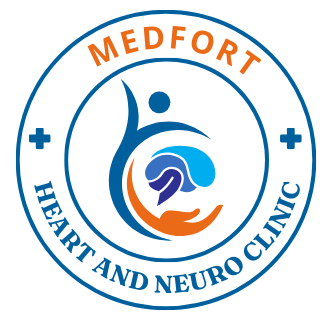Movement disorders are a group of neurological conditions that affect the ability to control and coordinate body movements. These disorders can cause excessive or reduced movement, often interfering with daily activities. Common movement disorders include Parkinson’s disease, tremors, dystonia, Huntington’s disease, Tourette syndrome, and cerebral palsy.
Symptoms of movement disorders vary depending on the condition but may include tremors, muscle stiffness, involuntary movements, slowness of movement, difficulty walking, or abnormal postures. These disorders can be caused by genetic factors, injuries, infections, or neurodegenerative processes.
Treatment options depend on the specific disorder and may include medications to control symptoms, physical and occupational therapy to improve mobility and function, and, in some cases, surgical interventions like deep brain stimulation. Early diagnosis and targeted treatment can help manage symptoms and enhance quality of life for those affected by movement disorders.

